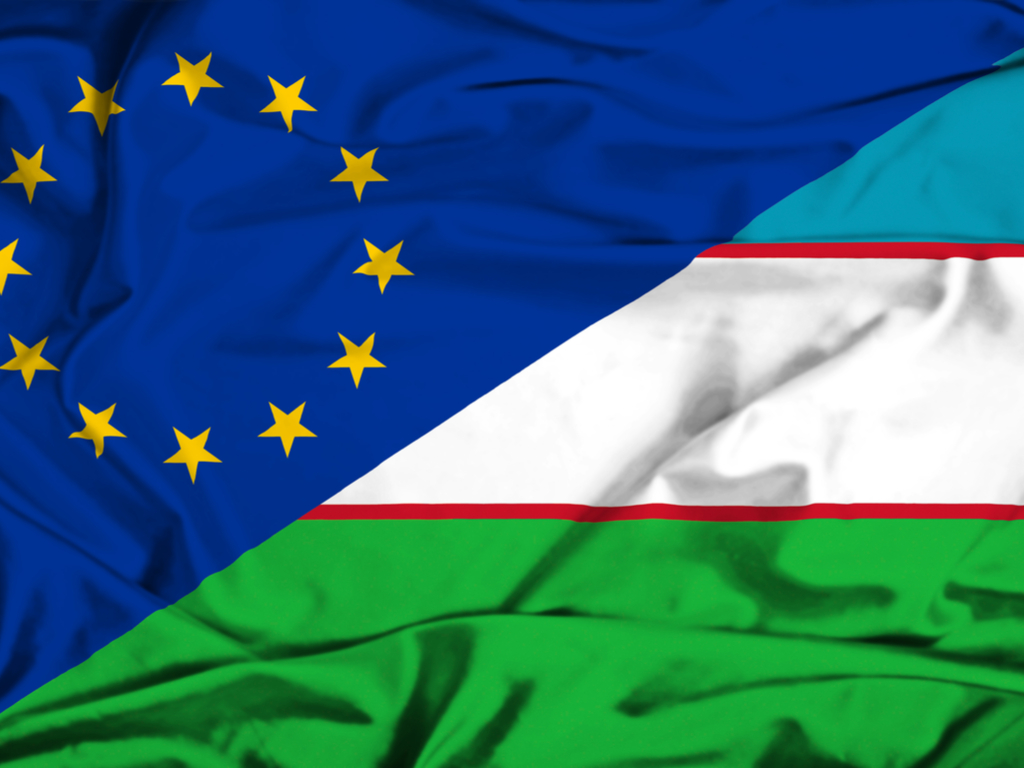A round table discussion on “Cooperation between Uzbekistan and the European Union: Vision to the Future” was held on March 14 in Tashkent. The event was organized by the Institute for Strategic and Regional Studies under the President of Uzbekistan, the European Union and the Friedrich Ebert Foundation in Uzbekistan with the support of the Ministry of Internal Affairs, the Delegation of the European Union to Uzbekistan said.
The round table aimed at discussing new ideas and initiatives to further strengthen the mutually beneficial and multifaceted cooperation of Uzbekistan with the EU. The results of the discussion will contribute to the process of preparation of the new EU-Central Asia Strategy by 2019.
The round table featured more than 70 delegates, including EU Special Representative for Central Asia Ambassador Peter Burian, Head of the Central Asia Division, European External Action Service (EEAS) Boris Iaroshevitch, Head of the European Union Delegation in Uzbekistan Ambassador Eduards Stiprais, Regional Director of the Friedrich Ebert Foundation in Uzbekistan H. Kiefer, representatives of the European External Action Service (EEAS), General Directorate on International Cooperation and Development of the European Commission, EU Members States Ambassadors, as well as officials from Parliament, ministries and state agencies and other public and non-governmental organization of Uzbekistan.
The event also involved representatives of diplomatic corps, international organizations and finance institutions in Uzbekistan, such as UN, OSCE, EBRD, ADB and NGOs, as well as national and international media representatives.
During the roundtable, all participants were acquainted with the current socio-economic transformations in Uzbekistan, achievements in building a modern democratic state and civil society.
As it was highlighted, the implementation of large-scale reforms in Uzbekistan in the framework of the Action Strategy for 2017-2021 opened extensive prospects for further deepening of Uzbek-EU relations. Uzbekistan attaches great importance to the development of mutually beneficial cooperation with the European Union. The key areas of cooperation are the issues of trade development, investment and financial cooperation, transfer of technologies, interaction in the area of science, technology, education, ecology, health and culture, as well as strengthening regional security. The importance of developing mutually beneficial cooperation between Uzbekistan and the EU in a number of key areas: trade, investment and financial spheres, support for agriculture and private entrepreneurship, improvement of the public administration system, ensuring effective mechanisms for protecting human rights, developing all levels of education, cooperation in the field of ecology, health, science, technology and culture, as well as strengthening regional cooperation and security was emphasized.
The Uzbek side expressed its readiness for joint work on the development and signing of enhanced Partnership and Cooperation Agreement between Uzbekistan and the European Union and welcomes the commitment of the European Union to the stability and prosperity in the region, as well as the call of the EU Council to develop a new EU-Central Asia Strategy by the end of 2019 on the basis of mutual interests, shared values and common views.




